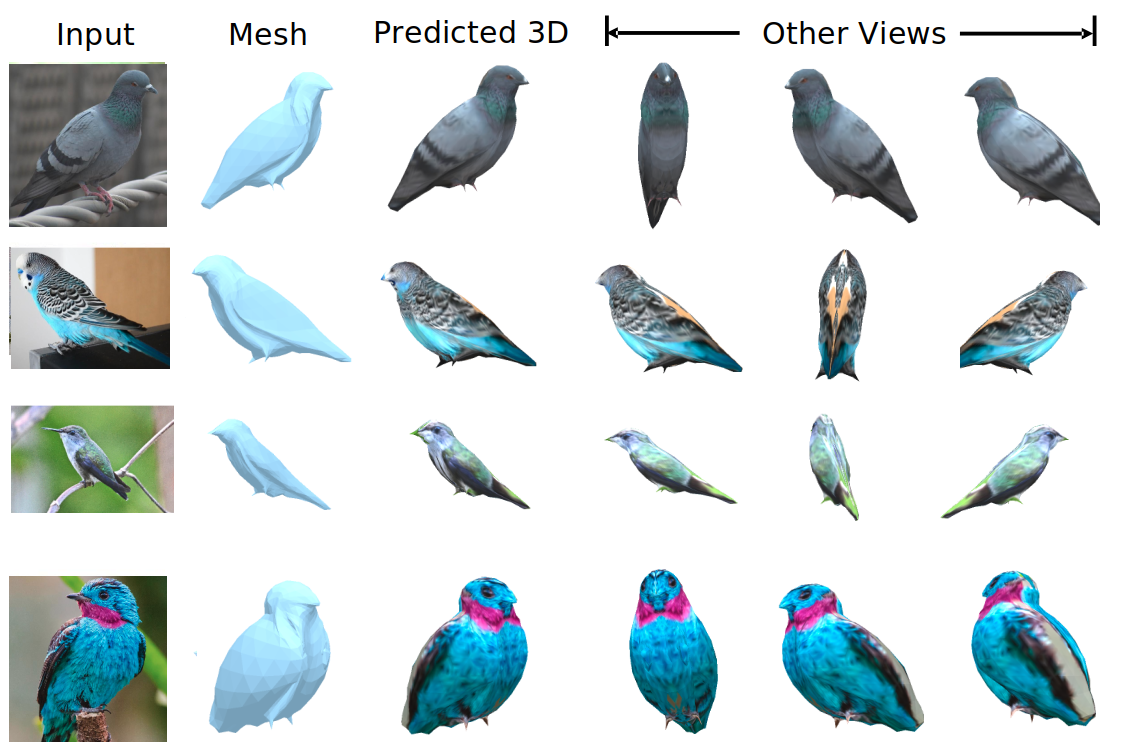Covid-19 Test AI (Deep Learning - NNs) Software
I developed a segmentation algorithm to understand whether Covid-19 Test Photos are positive or negative. I created the model with great precision. Sometimes I trained twice (piece by piece), sometimes once. I save the output of both in .txt file and share with you. I would be pleased to present this project to open source. I hope it has become a software that can be used in the field of health and artificial intelligence.
I can say that it has the features of a software that can detect Covid-19 in real time. In this way, it can be determined that the covid is positive or negative with the image processing + segmentation rule thanks to artificial intelligence without PCR testing.
Kind regards,
Emirhan BULUT
Artificial Intelligence - Deep Learning Engineer
Data Source: DataSource ###The coding language used:
Python 3.9.6
###Libraries Used:
Tensorflow
Keras
pixellib
OpenCV
PIL
Developer Information:
Name-Surname: Emirhan BULUT
Contact (Email) : [email protected]
LinkedIn : https://www.linkedin.com/in/artificialintelligencebulut/
Kaggle: https://www.kaggle.com/emirhanai
Official Website: https://www.emirhanbulut.com.tr





